8 Modern Developer Tools to 10X Your Productivity!
These 8 modern developer tools have transformed how I code, collaborate, and ship projects — each one a 10x boost to productivity.

Being a great developer isn’t just about writing code — it’s about using the right tools to write it faster, cleaner, and smarter.
8 Modern Developer Tools to 10X Your Productivity!
In today’s fast-paced tech world, developers aren’t just coders — we’re builders, problem solvers, and innovators.
But with great responsibility comes endless distractions, context switching, and tooling overload.
The secret sauce? Using the right tools.
I’ve handpicked 8 modern developer tools that have drastically improved my productivity — from faster coding to smoother collaboration and fewer bugs in production.
Whether you’re a solo dev or part of a large team, these tools can help you work smarter, not harder.
1. Raycast — The Developer’s Spotlight on Steroids
Link : https://www.raycast.com/
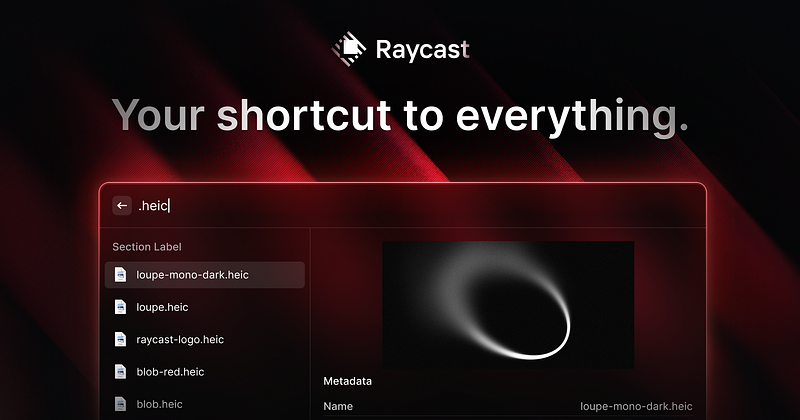
If you’re still using Spotlight or the Windows search bar, you’re missing out.
Raycast is a productivity launcher that lets you open apps, run scripts, search docs, manage GitHub issues, and even control Notion — all from your keyboard.
It eliminates the need to switch contexts. Everything’s a command away.
Its growing store of extensions means you can integrate almost any dev tool you use.
2. Warp Terminal — Rethinking the Terminal
Link : https://www.warp.dev/
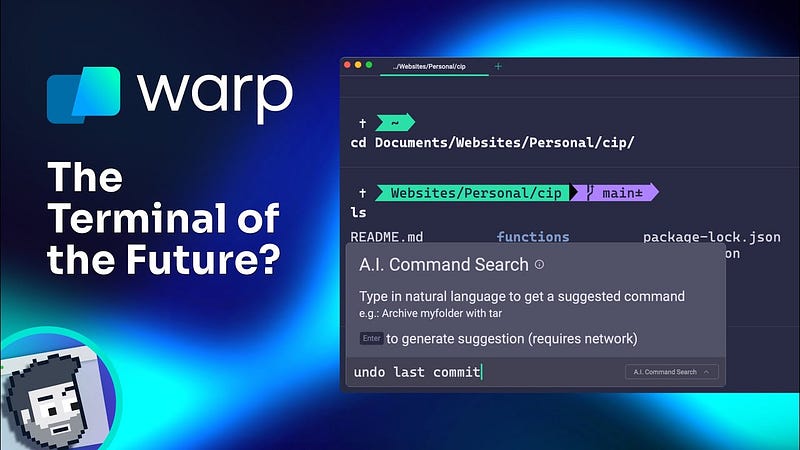
Traditional terminals feel like relics from the ’80s. Warp is a modern, GPU-accelerated terminal designed for today’s developers.
- Command blocks
- AI-powered autocomplete
- Built-in collaboration features
- Clean and intuitive UI
You’ll spend less time typing and more time shipping.
3. GitHub Copilot — Your AI Pair Programmer
Link : https://github.com/features/copilot
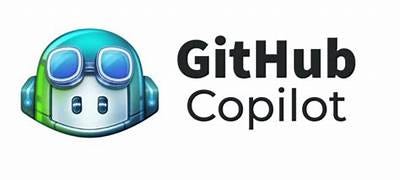
You’ve probably heard of it — and maybe even tried it.
But if you’re not using GitHub Copilot actively, you’re missing out on the biggest coding productivity booster of the decade.
It writes boilerplate, suggests functions, and even helps you learn new frameworks faster.
It automates the boring stuff, so you can focus on logic and architecture.
4. Postman v11+ — Not Just for APIs Anymore
Link : https://www.postman.com/downloads/
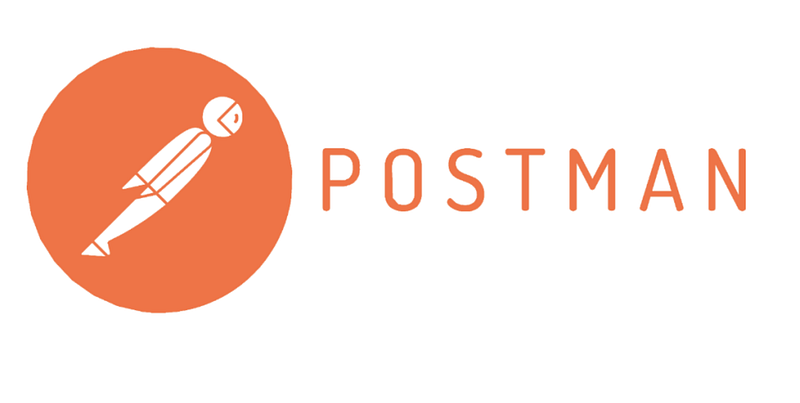
The latest versions of Postman have evolved beyond simple API testing.
With features like Flows (visual programming), built-in mock servers, API documentation, and test automation, it’s become a full-fledged API development suite.
Reduces the friction between frontend, backend, and DevOps.
5. Playwright — End-to-End Testing That Actually Works
Link : https://playwright.dev/

Testing can be painful. Playwright makes it painless.
Developed by Microsoft, Playwright supports cross-browser testing with a simple, clean API.
You can test web apps across Chrome, Firefox, and Safari — and even generate tests with the built-in code generator.
You write fewer tests and catch more bugs. That’s a win-win.
6. Notion + Dev Templates — Documentation That Doesn’t Suck
Link : https://www.notion.com/product
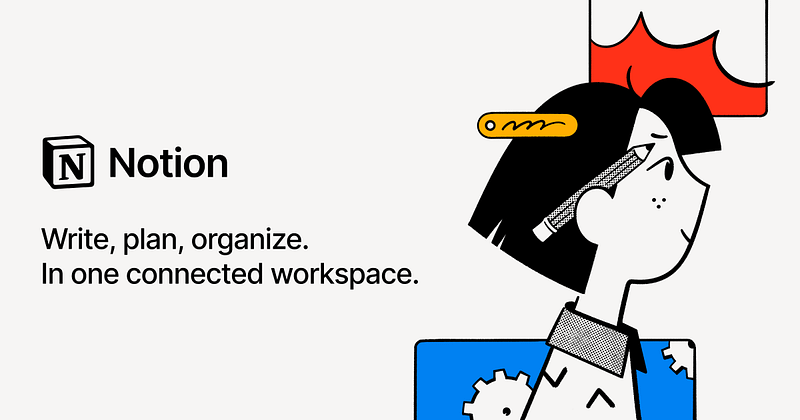
Documentation is often the most neglected part of any project. Notion, combined with ready-made developer templates, makes it easy (and even enjoyable) to maintain your docs.
Use it for:
- API documentation
- Architecture diagrams
- Team onboarding
- Roadmaps & retros
Clear docs = fewer meetings + faster onboarding.
7. Sentry — Fix Bugs Before Users Even Notice
Link : https://sentry.io/welcome/
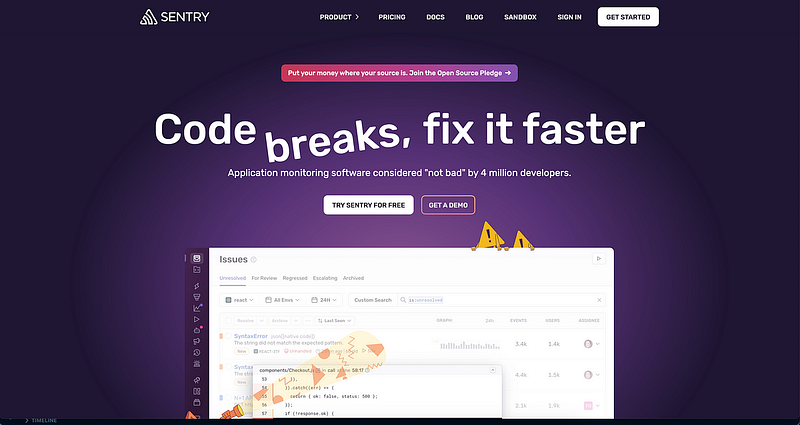
You can’t fix what you don’t know is broken.
Sentry provides real-time error monitoring, performance insights, and stack traces that actually make sense.
It supports most languages and frameworks, from JavaScript and Python to Flutter and Elixir.
Spend less time debugging, more time building.
8. Turso (Edge Database) — The SQLite for the Modern Web
Link : https://turso.tech/
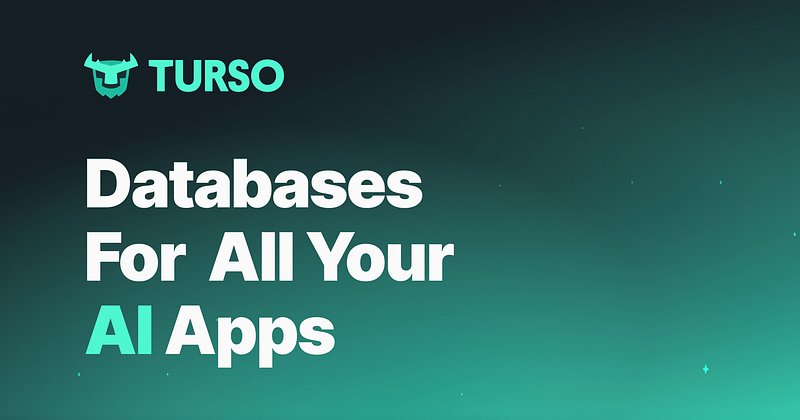
Databases are often the bottleneck in edge applications. Turso is a distributed, edge-native database powered by libSQL (a fork of SQLite).
It’s perfect for apps that require low-latency reads and instant global replication.
Devs can build and scale without wrestling traditional database infrastructure.
Final Thoughts
The best developers don’t just write code — they optimize their environment.
Choosing the right tools can save hours, reduce mental fatigue, and give you the competitive edge you need in today’s remote-first world.
You don’t need to adopt all 8 at once.
Start with the one that solves your biggest pain point today, and level up gradually.
Which tool do you swear by? Drop it in the comments — I’d love to hear what’s in your productivity stack!
If you enjoyed this post, follow me for more dev tools, productivity hacks, and coding wisdom.





